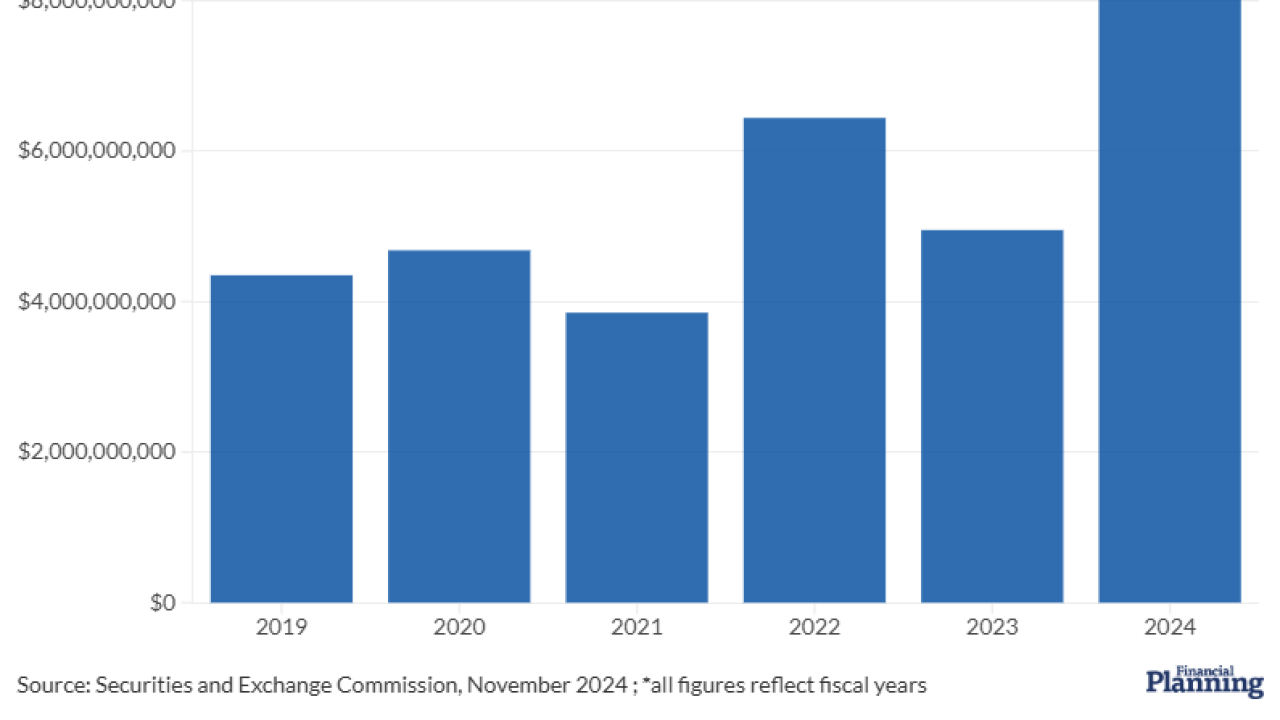NEW YORK - Mutual fund companies should consider refining their web pages with personalization technology that would enable them to tailor their web pages to individual investors' specific interests.
That was the message of the keynote speaker at an International Business Communications conference here on electronic distribution of mutual funds.
Mutual funds are missing out on an important opportunity if they do not use their Internet sites to ask investors questions about their specific interests, said Robert Grossman, chief executive officer of Magnify of Chicago, a company that sells target-marketing software. Fund companies should combine that data with any customer information they may already have in a data warehouse, as well as with other demographic and consumer data available from other businesses, to market specific funds and services to particular investors, Grossman said.
Personalization, particularly on the Internet, is the wave of the future, Grossman said. Although consumer goods will probably be the first to use personalization, fund companies that recognize this trend early and try to emulate consumer-goods firms with personalized funds and investments, will have an edge on their competitors, Grossman said.
Personalization, or target marketing, is complex and could take a company a full year to assemble the necessary customer data and as much as $1 million to develop the technology, Grossman said.
If personalization is going to work, it must unite direct marketing efforts with information collected at call centers and at websites, Grossman said. However, executives in these divisions usually do not communicate with one another, and so the valuable databases that these different departments have on customers "reside in different silos," he said. So, to develop a target marketing campaign, a firm should consider hiring a direct marketing officer to oversee it, Grossman said.
For newer e-commerce startups, however, the concept of direct marketing is not as alien as it can be for more established companies such as some mutual funds, Grossman said.
Coolsavings.com is an example of a successful personalization effort, said Grossman. Coolsavings.com, one of Grossman's clients, asks site visitors their preferences among 27 different products in order to offer its customers coupons for products and services they are most apt to be interested in, Grossman said.
Depending on how many interests a customer checks off from coolsavings.com's list, customers are then asked additional questions, anywhere from 20 to more than 100, to pinpoint their interests even further, Grossman said.
"With each change in purchase data, click-stream data and customer data, real-time recommendations can become more accurate and tailored to a consumer's needs," Grossman said.
Fund companies can prompt investors to share information about themselves by offering a break on management fees or inside information from a portfolio manager, Grossman said.





